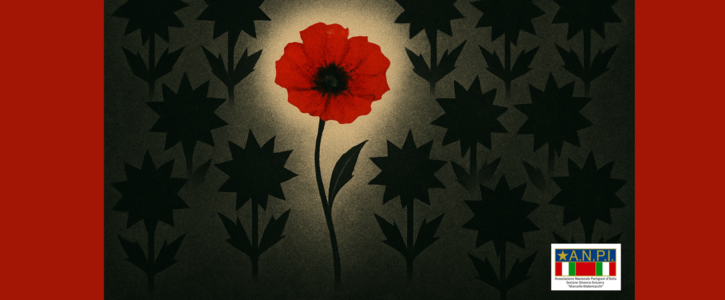An: Université de Lausanne (UNIL)
Let’s Remember Jean Wintsch, the Only One Who Opposed Mussolini’s Doctorate h.c.

italiano - français - Total number of signatures of all language versions
____________________
On April 8, 2025, the ANPI (National Association of Italian Partisans) Geneva section “Marcello Malentacchi” of ANPI, with the support of over 100 signatories from academic, cultural, and civil society circles – in Switzerland and abroad – sent an official letter to the Rector and Leadership of the University of Lausanne (UNIL).
The objective: to request a public commemoration of Professor Jean Wintsch.
____________________
On April 8, 2025, the ANPI (National Association of Italian Partisans) Geneva section “Marcello Malentacchi” of ANPI, with the support of over 100 signatories from academic, cultural, and civil society circles – in Switzerland and abroad – sent an official letter to the Rector and Leadership of the University of Lausanne (UNIL).
The objective: to request a public commemoration of Professor Jean Wintsch.
Jean Wintsch was the only member of the School of Social and Political Sciences who opposed the University’s decision to award an Honorary Doctorate to Benito Mussolini in 1937.
The response from the University of Lausanne was swift: the rectorate stated that it had chosen to prioritize other forms of action to raise awareness about the ideological deviations to which individuals, institutions – including the university itself – and society are exposed.
The response from the University of Lausanne was swift: the rectorate stated that it had chosen to prioritize other forms of action to raise awareness about the ideological deviations to which individuals, institutions – including the university itself – and society are exposed.
We still believe that remembering Jean Wintsch is a necessary act and a concrete testimony of civic commitment, especially within an institution like the university.
Today, we ask the University of Lausanne to:
- publicly commemorate Professor Jean Wintsch every April 8;
- dedicate a space on campus in his name, in line with the recommendations made by the internal working group that reviewed the Mussolini case.
Warum ist das wichtig?
Professor Wintsch’s act is a rare and clear example of moral and academic dissent in a time marked by fear and conformity. Publicly recognizing his choice means:
- honoring individual courage in the face of fascism;
- strengthening active memory as an educational tool;
- reaffirming the University’s commitment to democratic, antifascist, and civic values.
We believe that the withdrawal of honors granted to Mussolini (including the honorary doctorate) remains a relevant issue today, as shown by the recent decisions of several Italian municipalities – including Salò, former capital of the Italian Social Republic – which revoked his honorary citizenship, even in the absence of specific legal frameworks.
Nearly ninety years later, this is more than just a symbolic gesture. It is a clear signal UNIL can send to show that history must be confronted, not erased.
